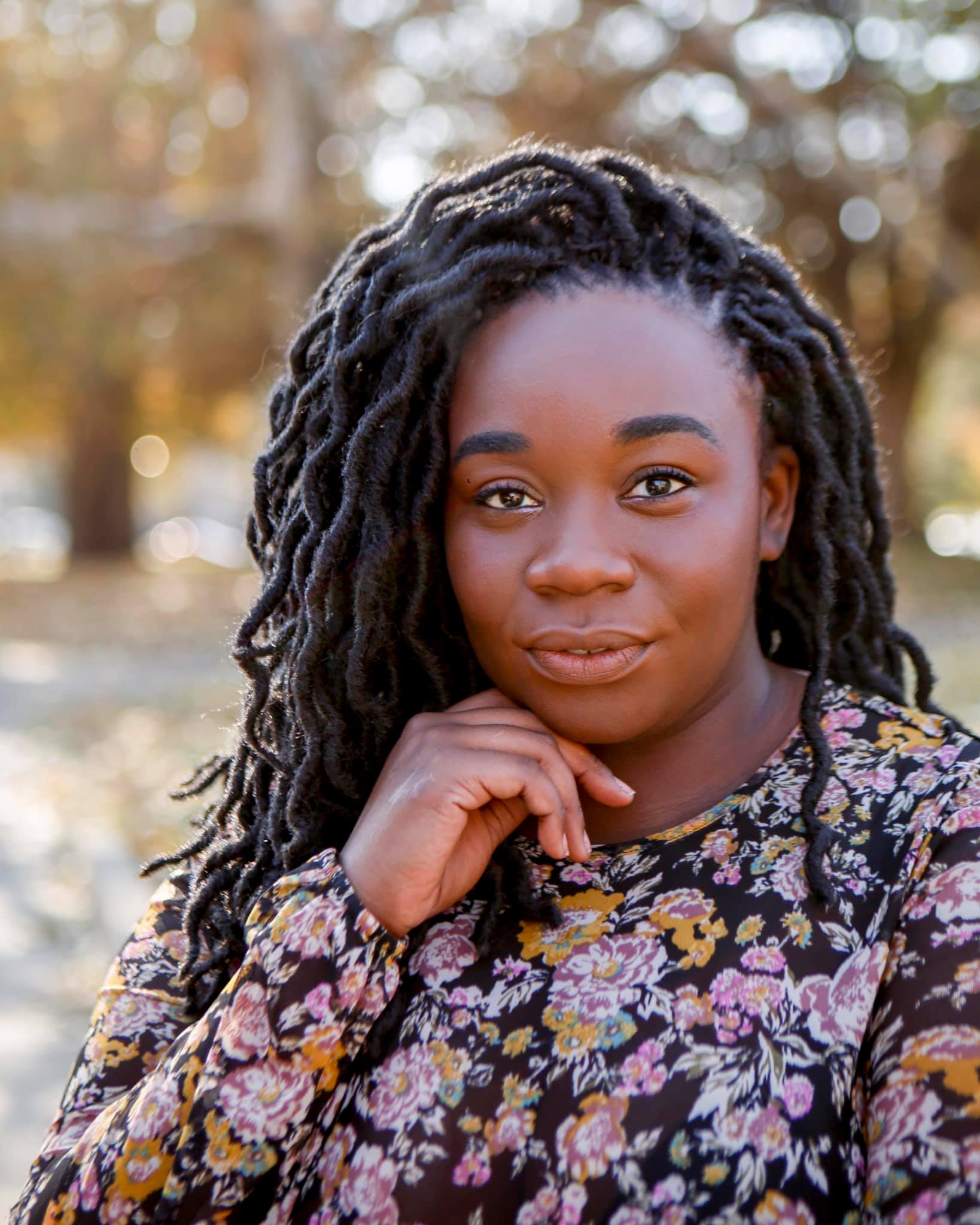Gabrielle Orlayna Fuqua

UNA Box 5040 | McKinney Building
Voice Adjunct Faculty
Native of Florence, Alabama, soprano Gabrielle Orlayna Fuqua (they/she) is known for having a ‘breathtaking, compelling, powerful’ voice and stage presence. Professor Fuqua proudly serves on the University of North Alabama Voice Area Faculty as an instructor in applied voice. Fuqua has over nine years of vocal performance experience in classical, operatic, contemporary and musical theatre genres. As a crossover artist, Fuqua has been able to perform a variety of roles, such as ‘Mary Warren’ in Robert Ward’s The Crucible, ‘La Zelatrice’ in Giacomo Puccini’s Suor Angelica, ‘Stella Kowalski’ in André Previn’s A Streetcar Named Desire, ‘Tallulah’ in Thomas Pasatieri’s The Hotel Casablanca, ‘Mimì’ in Giacomo Puccini’s La bohème, ‘Juliette’ in Charles Gounod’s Romèo et Juliette, ‘Baker’s Wife’ in Stephen Sondheim’s Into the Woods, ‘Bloody Mary’ in Oscar Hammerstein II and Richard Rodgers’ South Pacific, ‘Sarah’ in Terrence McNally’s Ragtime, ‘Cendrillion’ in Pauline Viardot’s Cendrillion, ‘Pamina’ in Wolfgang Amadeus Mozart’s Die Zauberflöte, ‘Laetita’ in Gian Carlo Menotti’s The Old Maid and the Thief, and ‘Cathy Hiatt’ in Jason Robert Brown’s The Last Five Years. As a soloist, Fuqua has performed for a variety of banquets, commencement ceremonies, recitals, and vocal competitions, placing on state, regional, and national levels. Fuqua was recently awarded the Gina Scaggs Epifano award for Overall Outstanding Artistic Performance at Kentucky NATS in 2019 and has won 1st Place in the Student Category of the Orpheus Vocal Competition in 2017. Fuqua’s film and television credits include recent productions of the University of Kentucky’s It’s a Grand Night for Singing and the Alltech Celebration of Song.
Fuqua received a Bachelor of Music in Vocal Performance from the University of North Alabama in 2017 and went on to obtain a Master of Music in Voice Performance from the University of Kentucky in 2020. Their areas of research interest include works by marginalized composers, African-American spirituals, the poetry of Langston Hughes, inclusivity in opera and musical theatre, transgender and non-binary voice pedagogy, and gender studies. Fuqua’s teaching philosophy is that singing is both a personal and professional experience. Emphasizing proper vocal health, encouraging expressive singing, and giving positive feedback are a few of Fuqua's goals for the vocal studio. Fuqua aims to encourage current and prospective students that their natural ability to connect with themselves, audiences, and other singers in community has the potential to shift paradigms. Fuqua’s hope is to continue instilling the message that each individual voice is a gift to be cherished, nurtured and shared with the world.
As an educator existing at multiple areas of intersection and identity, Fuqua aims to promote diversity, equity, and inclusivity in all areas of performance, teaching, research, and collaboration for each student.